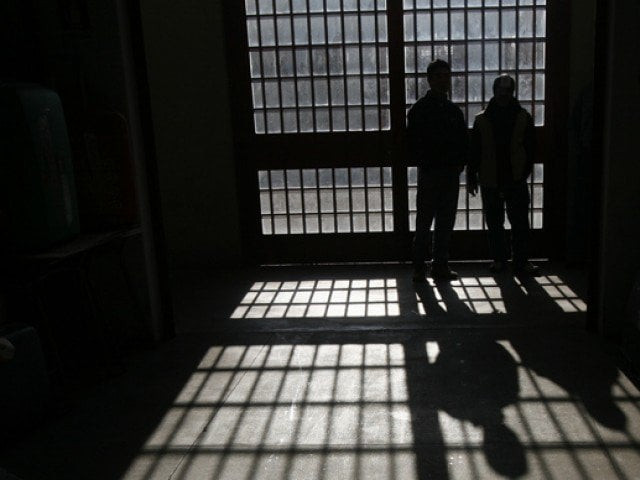US court orders Idaho to provide gender confirmation surgery to inmate
Edmo was born male but has identified as female since she was five or six years old

PHOTO: FILE
The Court of Appeals for the Ninth Circuit ruled that refusing to provide the surgery to inmate Adree Edmo constituted "cruel and unusual punishment," which is outlawed by the United States (US) Constitution, according to a court document filed last week.
Edmo was born male but has identified as female since she was five or six years old. Now 31, she has been imprisoned since 2012 for sexually abusing a 15-year-old boy at a party.
During her incarceration, Edmo officially changed her sex on her birth certificate to match her identity.
Four transgender persons held for 'celebrating birthday' at Karachi beach
Although prison officials have permitted her to undergo hormone therapy since 2012, Edmo continues to suffer from "severe gender dysphoria" - an extreme sense of disconnect between her body and her identity, which is enhanced by her male sexual organs.
According to court documents, Edmo tried twice to castrate herself with a razor blade.
"I do not want to die, but I am a woman, and women do not have these," she wrote in a note after her first attempt in 2015.
She has continued to self-harm on her arms and poses a suicide risk, according to the San Francisco-based court.
After asking in vain for years to undergo the surgery, Edmo finally took her case to court in 2018, and the Ninth Circuit court decided in her favor.
That ruling is at odds with an earlier decision from the Fifth Circuit Court, which found in a split decision that a "state does not inflict cruel and unusual punishment by declining to provide (gender confirmation surgery) to a transgender inmate."
Idaho's Republican governor Brad Little said he would appeal the Ninth Circuit court's decision to the US Supreme Court.
The state "cannot divert critical public dollars away from the higher priorities of keeping the public safe and rehabilitating offenders," he told NBC, adding he found the ruling "extremely disappointing."



















COMMENTS
Comments are moderated and generally will be posted if they are on-topic and not abusive.
For more information, please see our Comments FAQ